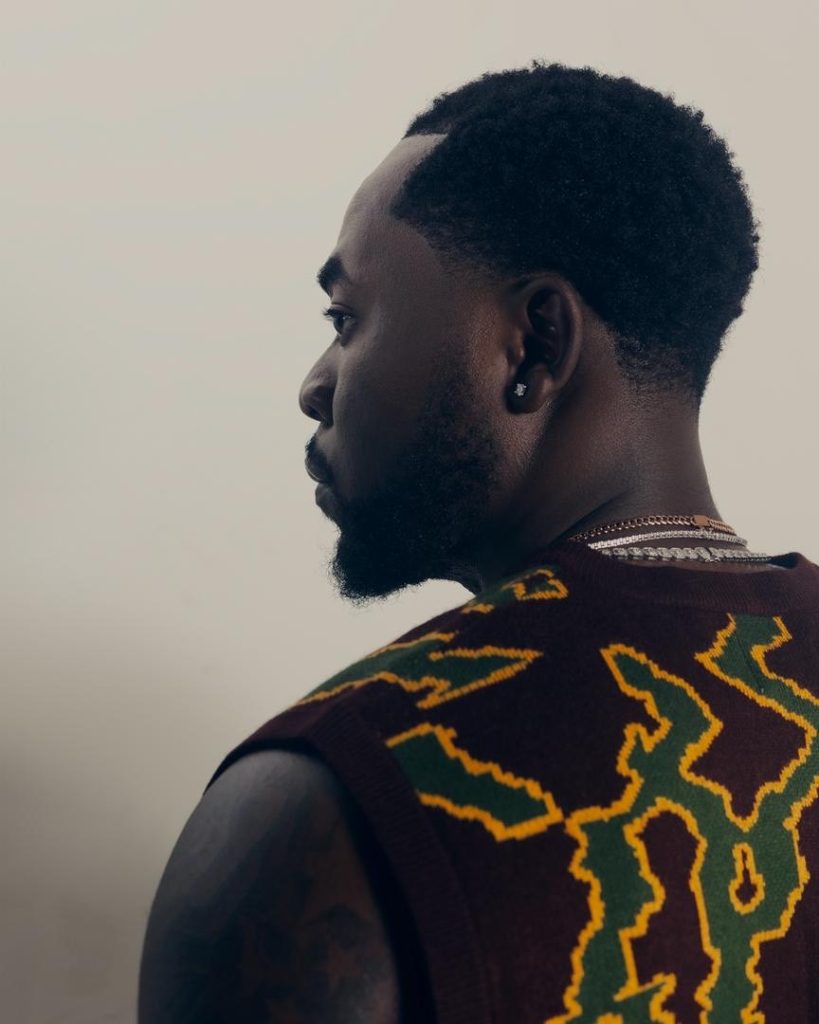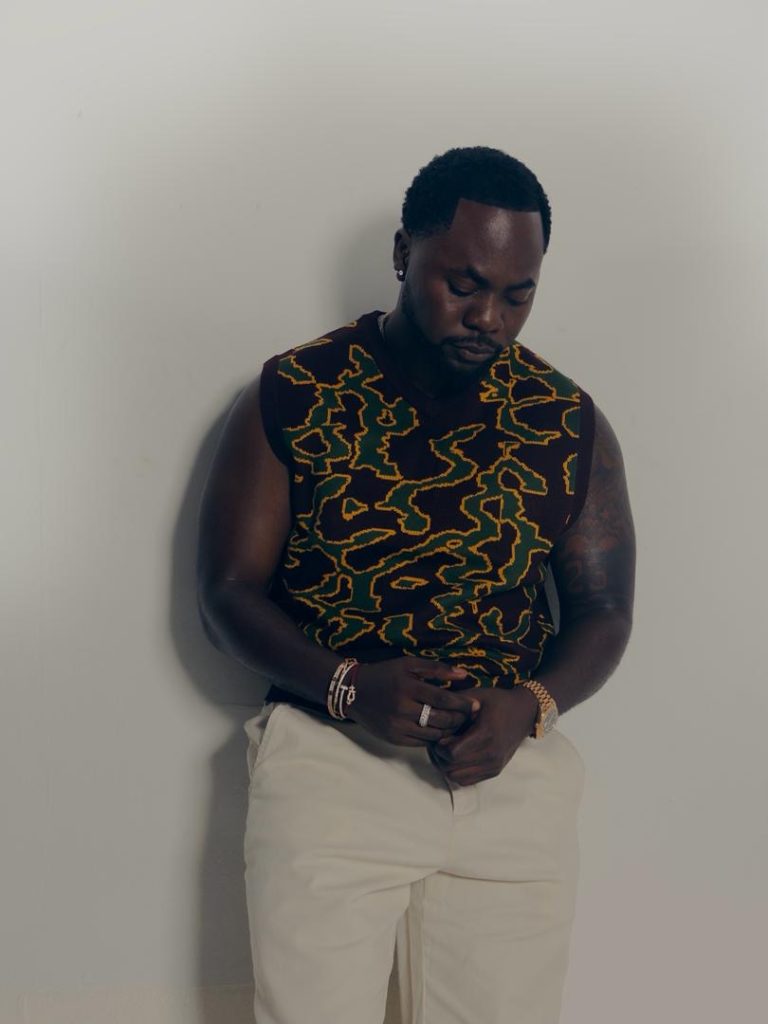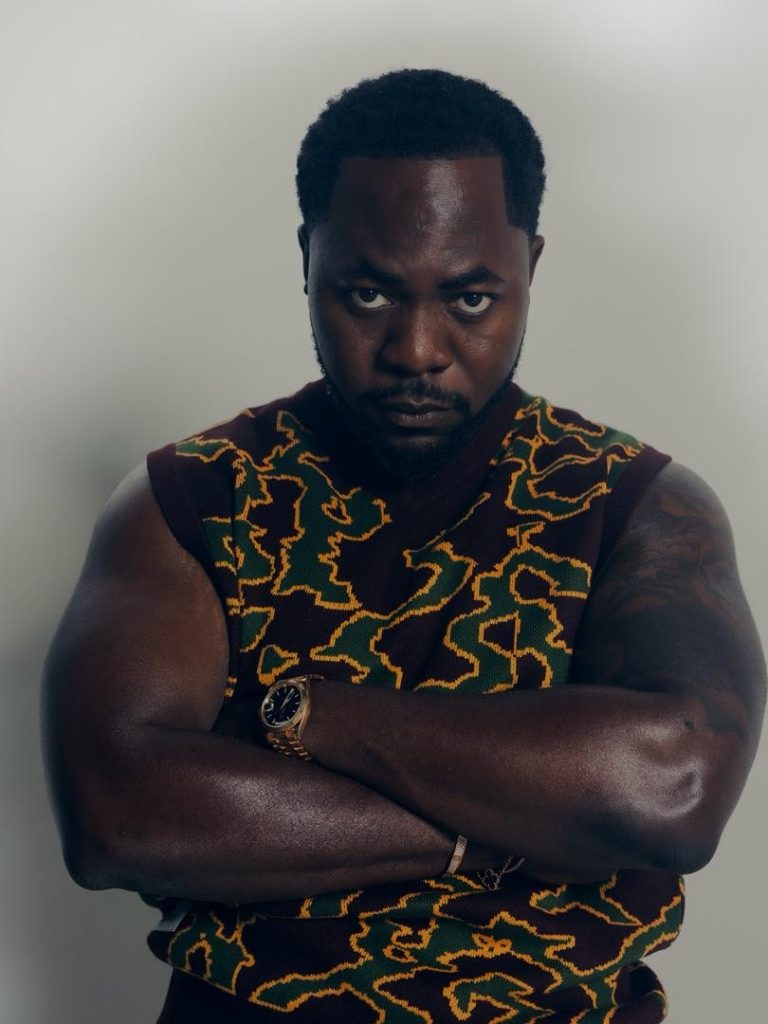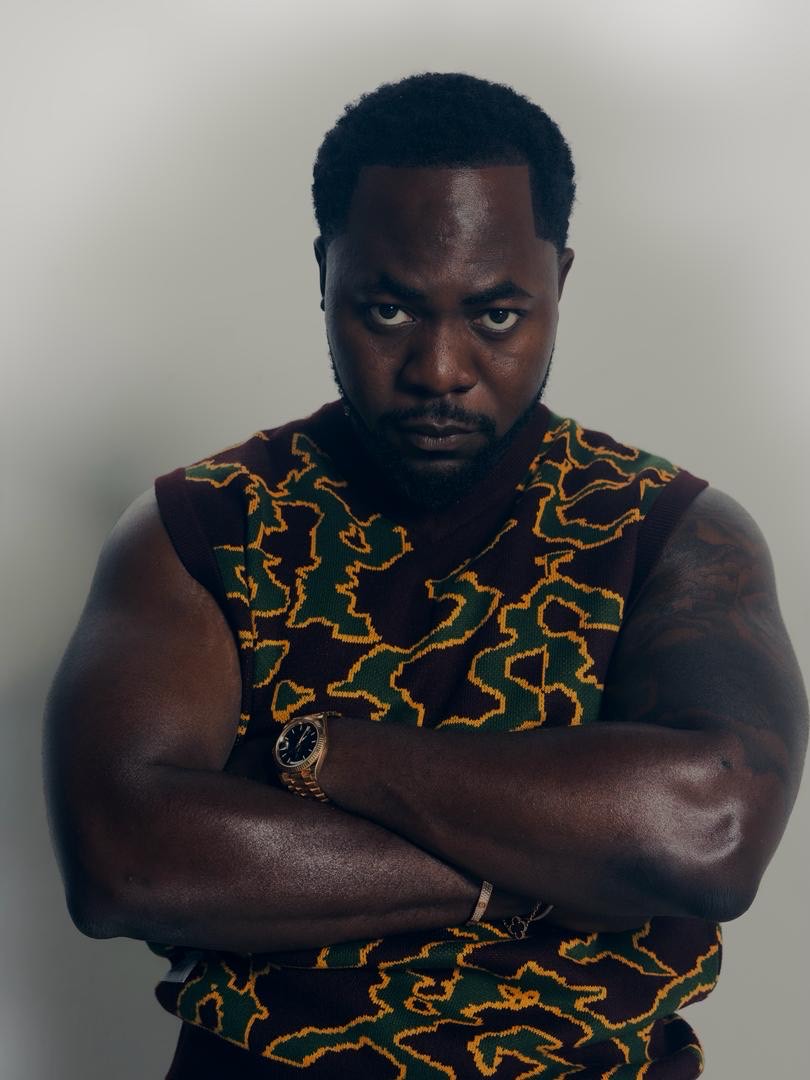From underground mixtapes to global festival stages, Afropop has grown into one of the most influential cultural exports of the last decade. But while the spotlight often falls on the artists, another kind of leadership is quietly shaping the music’s trajectory, the leadership that builds systems, creates space, and gives artists the tools to thrive. Power in music today is less about the quick burst of a viral hit and more about how lasting structures are created to carry those sounds into the future.

Across Africa, the conversation is shifting. Listeners are no longer satisfied with flash-in-the-pan moments; they want depth, continuity, and artists they can grow with. That means the business of music now demands leaders who see beyond one single or season, leaders who can translate creativity into platforms and communities. In this sense, power is measured not by noise, but by longevity. It is about impact that stretches across generations and markets, about building bridges rather than chasing trends.

Through Dapper Music & Entertainment, he has been steadily crafting a model that is as much about infrastructure as it is about artistry. Managing a roster of young voices who resonate deeply with Gen Z audiences, he has balanced distribution, live programming, and cross-regional partnerships, even bringing Ghana’s Lasmid into the fold, in ways that feel purposeful rather than performative. His leadership is less about presence in the spotlight and more about ensuring the spotlight itself is sustainable.
The results are visible. Dapper Music & Entertainment has become a home where artists experiment with sound without losing their identity, and where projects are designed to endure. The label’s work with rising names like TML Vibez, Bhadboi OML, and Rybeena illustrates this: artists whose stories are rooted in everyday Lagos realities, but whose music finds resonance across borders. In this layered approach, the company is building more than a catalogue, it is building continuity.
For the wider scene, the implications are clear. Afropop’s next chapter will not be defined by who shouts the loudest but by who builds the strongest foundations. It will belong to leaders who see music as both expression and institution, who are willing to invest in cross-cultural collaborations, and who understand that scale without soul has no staying power.

At its heart, Dapper’s vision is about exactly that: scale with soul. By weaving purpose into infrastructure, and impact into every decision, he has shown that Afropop’s global rise can be matched by structures strong enough to carry it. In doing so, he offers a glimpse of what leadership in African music can look like, not a race for the moment, but a commitment to the future.

